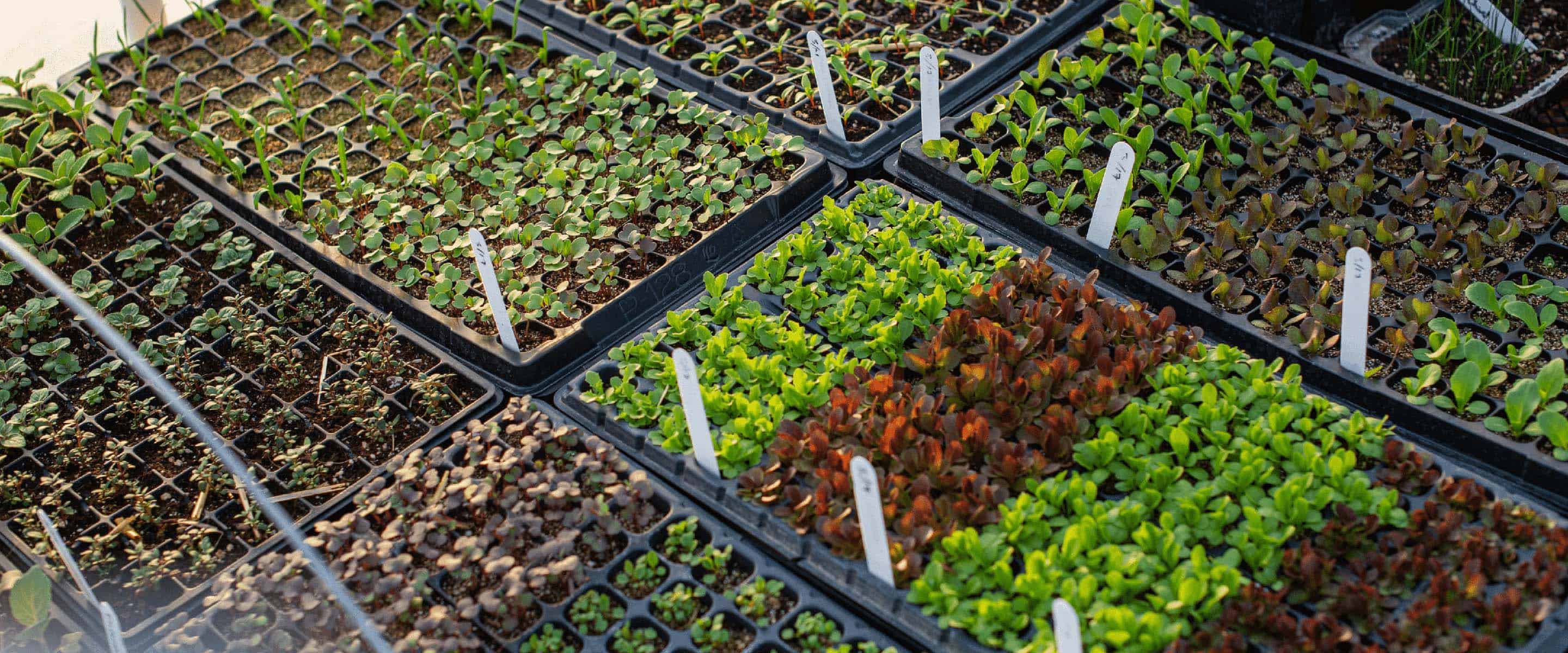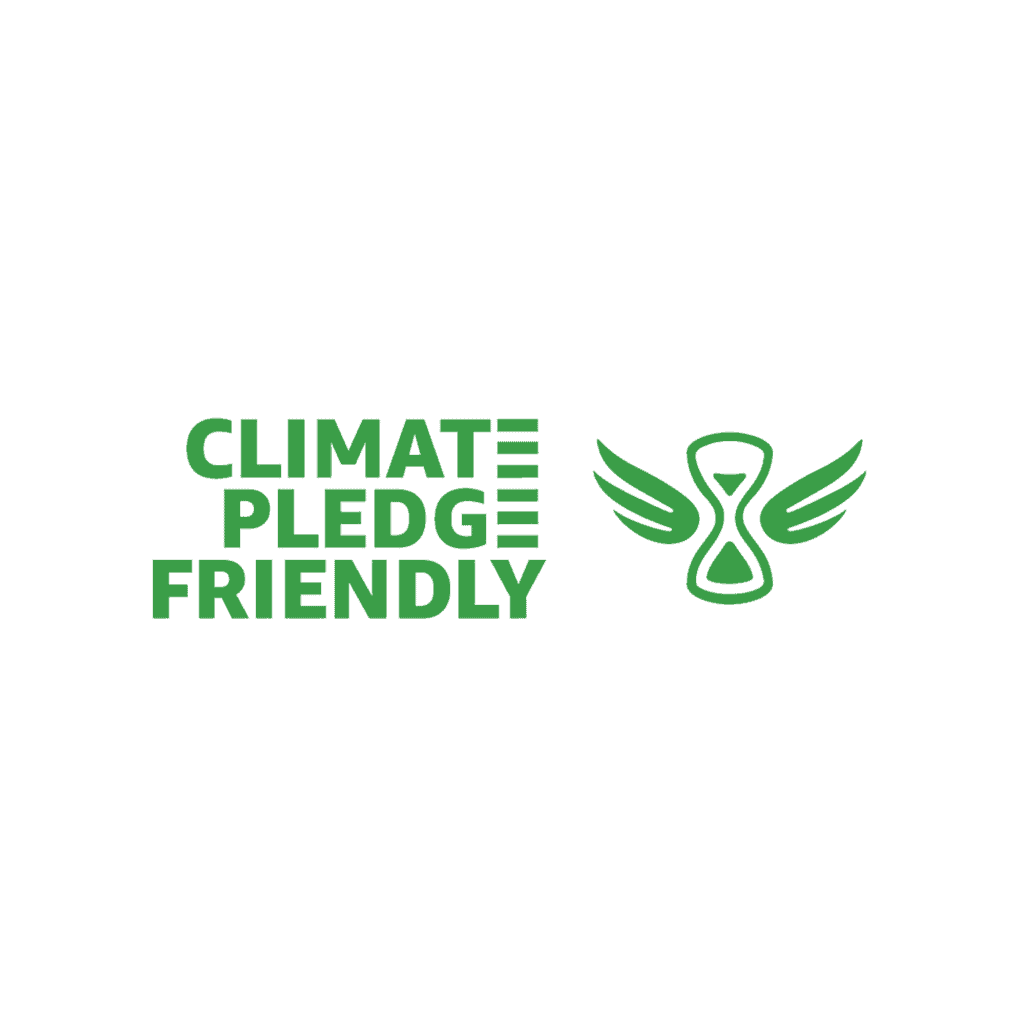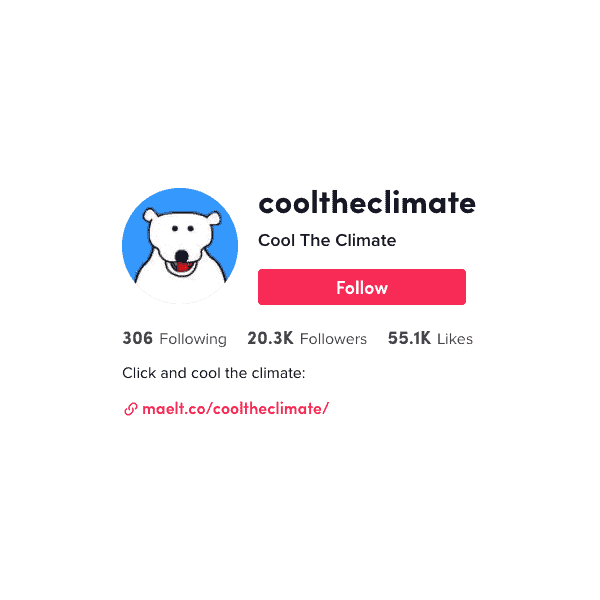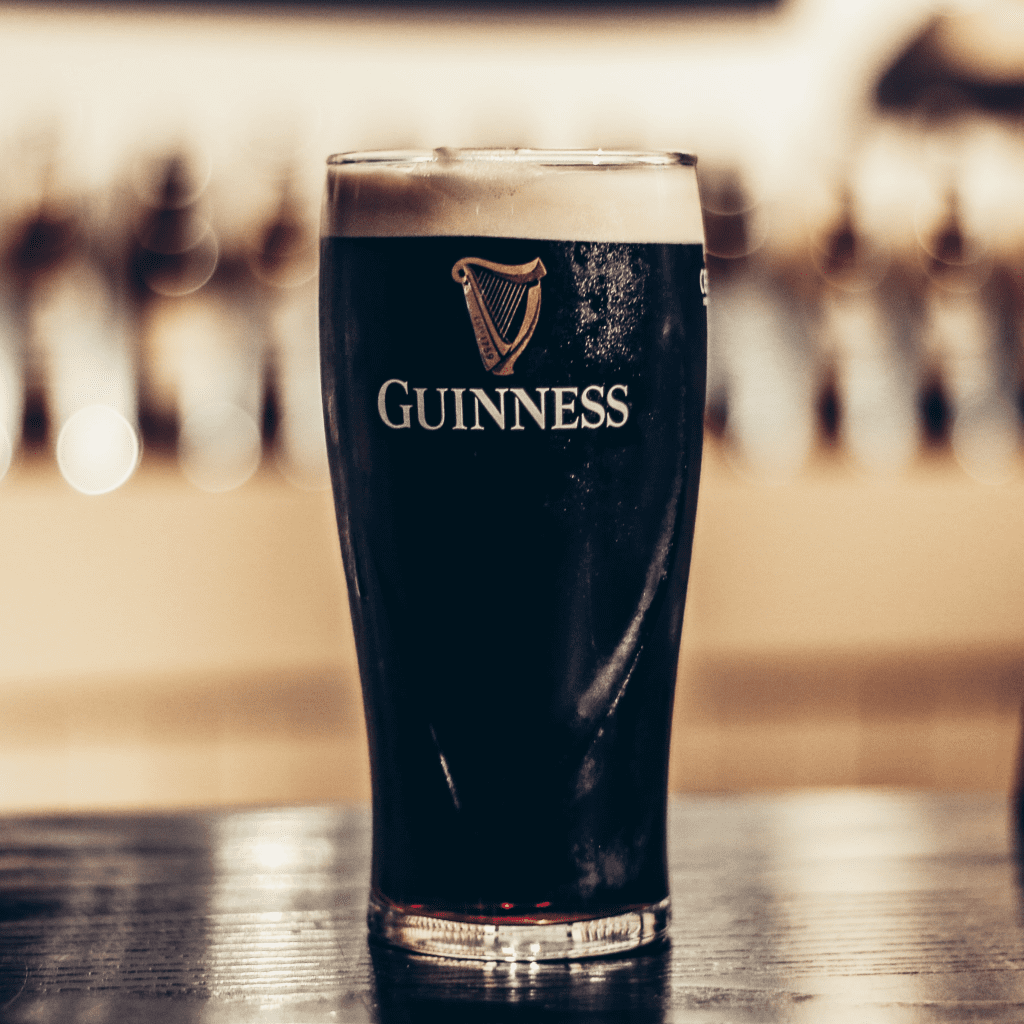Edition #10 | Environment Forward

Toothpaste tubes, regenerative pints, carbon accounting, and TikTok.
Hi Y’all, Welcome to Edition 10 of Environment Forward. In this edition, we’re looking at everything from toothpaste tubes to pints of Guinness with some TikTok thrown in. There are lots of exciting things happening at CarbonBetter – we kicked off a collaborative project with WhistlePig Distillery in Vermont and spoke at SXSW on March 16th. In my downtime, I’ve been working to start a community garden, but as our climate becomes ever more unpredictable, we have had to delay planting due to a late spring freeze here in Austin. I’d love to know what you’ve been reading lately and listening to lately – be sure to drop me a line and let me know your thoughts. And if you have any gardening tips – please share!
Is your toothpaste tube recyclable?
Packaging choices are a consistent challenge in the sustainability space – can the package for your product meet the specifications you need while also being made from recycled content and/or being recyclable? Colgate has made a significant investment in exploring the recyclability of toothpaste tubes as 20 billion toothpaste tubes globally end up in landfills each year. Historically, Colgate’s tubes have included an aluminum layer in tandem with plastic – multilayer packaging is particularly challenging to recycle as the layers have to be separated. With significant research and design, Colgate has made a fully plastic toothpaste tube that will hopefully reduce the volume of toothpaste tubes ending up in landfills. I would love to see the tube also made from post-consumer recycled plastic.
Image credit: Colgate via Bloomberg
Is Amazon undercounting carbon?
At CarbonBetter, we root for people to reach net-zero, but we also recognize that in a voluntary schema, there are many ways a company can set its boundaries when working towards net-zero. Ultimately, we advocate for transparency of what is included, and what is left out. This article notes that while Amazon is often lauded as a climate leader, they have opportunities to be more thorough in how they quantify and disclose their impacts. By comparison, Target has taken initiative to traceably quantify the impacts of the products they sell, even estimating emissions associated with the use of televisions by the end purchaser. By contrast, Amazon only quantifies emissions associated with their brands of products, accounting for only 1% of their online sales. When companies can set their own boundaries, it can be complicated to draw comparisons.
Image credit: Amazon
Climate Content on TikTok
In February, the Intergovernmental Panel on Climate Change released the finalized second part of the Sixth Assessment Report, Climate Change 2022: Impacts, Adaptation and Vulnerability. @cooltheclimate on TikTok does an awesome job drawing attention to the report with a clever polar bear cartoon, making light of some of the bleak concerns addressed in the report. While TikTok isn't my primary source of climate news, I enjoy seeing how content creators are drawing attention to really challenging issues in creative ways. Also, in case you missed it - CarbonBetter is now on TikTok! Check us out (@carbon_better) for a behind-the-scenes look at some sustainable choices we made at headquarters that just make sense to us.
Image credit: TikTok
Is drinking a Guinness becoming more eco-friendly?
In the last year, I've been working to better understand regenerative agriculture and the promise that it offers, not just for the carbon cycle and potentially increased carbon sequestration in soil, but also for the water and health benefits. I was encouraged to read about Guinness' new plans for a three-year regenerative agriculture program to reduce carbon emissions from their barley production in Ireland. The first phase of the program will be kicking off in 2022 and will cover 40+ farms across the spring and winter barley sowing seasons, and they have goals to expand the project and engage more farmers. Shifting your agricultural processes can be daunting, and expensive, so it's encouraging to see Guinness leading the way towards more regenerative barley and hopefully a less carbon-intensive pint.
Image credit: Erik Jacobsen
Nicole Sullivan is the Climate Services Manager at CarbonBetter. When she's not working on sustainability reports and helping clients to decarbonize, she's busy reading about the environment or is outdoors exploring it. Connect with her on LinkedIn and drop her a line to let her know what you thought about these stories and share what you're reading.



